Of all the people in my family, the one who celebrates Canada Day with the most zeal is my father.
To my brother, July 1st is mostly a day off work—one where he tends to go to my parents’ house, drink beer out their fridge, and relish having prime cuts of meat barbecued at no expense to him.
My mother, meanwhile, tends to send tongue-in-cheek messages to he and I in our Discord group chat, wishing us a “Happy Colonial Day,” as well as the customary “Rabbits!” we offer each other at the start of every month.
Being as I don’t live with my parents anymore, let alone in the same city as them, I’ve missed the last couple firsts of July. Which is not to say they’ve been uneventful, rather that they’ve been unconventional from the typical white side of the road.
None of my friends drink, and we all kind of resent this country as privileged; erudite; socially-progressive indoctrinees of the liberal academe, so July 1st ends up being this day where we don’t go to work and maybe if one of us manages to wrangle the group chat, we have, like, a bonfire and listen to Day for Night by the Tragically Hip. It’s celebratory by virtue of being a STAT holiday, though with enough self-conscious cynicism as to not feel too guilty about the day with which the occasion coincides.
Of everyone in my family, my dad is the one who always tries to make us do something on the day. If I’m in Ottawa, he’ll implore us to bike down the Kitigan Zibi parkway to gawk at the Parliament Hill crowds and watch the planes flyover from a vantage point around the river.
While he’s usually decked out in red-and-white for the occasion, I own a total of one shirt with a maple leaf on it, and the only one I have with the word “Canada” on it is merchandise from an Instagram meme page. The last time I was coerced into July 1st festivities I wore a muscle shirt and my brother’s Toronto Raptors warmup shorts, so that I looked like that “Hey Mamas” lesbian named Jenna.
What I’m trying to say is that I don’t give a shit about Canada Day. I really don’t. My dad, however, does, and it baffles me—because unlike every other person in my immediate family, my dad was not born in Canada.
My dad was born in the United Kingdom, on the outskirts of the city of Cardiff, in the south of Wales, an ocean away from here. My mom’s side of the family trace their ancestry back to approximately here as well—an hour or so north, in Brecon, South Wales—but my great-grandmother emigrated in the early 1900s, so by the time my mom was born, her family had pretty thoroughly assimilated into the nebulous WASP-y melting pot which is Southern Ontario.
My mom went to the same high school in Ottawa as Kevin O’Leary (not at the same time, mind); went to university in Kingston, ON, where she saw the Tragically Hip and 54-40 play dives on weeknights; and spent a good part of her early 20s working at BeaverTails.
My mom’s as conventionally “Canadian” as they come, and yet it’s my dad—my dad who loathes snow shovelling and taught me to say words funny because he still speaks with a Welsh accent—who looks it more often than she does.
He’s what we might call a “model immigrant,” right down to there being a picture of his citizenship ceremony in my grade 7 history textbook. I think my dad genuinely loves this country, perhaps even more than my mom, my brother, or myself.
And why wouldn’t he? This is where he met my mom, where he moved on a whim the size of which my uHaul-inclined ass can only dream, where he got a good job, bought a house, had kids. If my dad loves Canada, I’m forced to admit he comes by it honestly.
Which is kind of tough for me, because I don’t love Canada like him.
It’s one of the many things that makes me feel a little removed from my father at times—not quite a wedge, but just one of those small differences which mark us apart and which I find difficult to reconcile at times.
Placiality is a complicated thing to reckon with. I grew up in this country, and so my perspective on it is naturally different to that of my father, who did not. I had Indigenous friends from as young as kindergarten, and was taught a critical history of this country by responsible, intelligent teachers through elementary and high school.
This side of Canadian history and politics is one to which my father was barely exposed as an immigrant, even in studying for his citizenship exam. I’m not saying that he doesn’t have a complicated relationship with place—he left everything behind to be here, after all—but I think the complications of his particular situation lead him, perhaps, to be more invested in the project of Canadian nationalism than anyone else in my family.
That’s difficult for me, in part, because I’ve never felt one-hundred percent “settled” here. For as long as I can remember it’s felt as if half my heart lives across the sea. I was raised on Welsh culture, Welsh media, infatuated with what I internalized to be my cultural identity and heritage.
I felt an affinity for my Welsh side of the family, in part because my cousins on that side were closer to me in age, shared similar tastes; and in part because their absence, unlike that of my maternal grandparents, could not be attributed to negligence or apathy. After all, they were half a world away.
Even writing this I feel a particular stir I only get when I’m in, or think about, Wales.
Welsh scholars tend to call this hiraeth. It’s a word you might have heard before, on Tumblr, in Substack essays, or from aggressively curated Instagram mood boards.
Literally it means something like “longing”—taking “hir” and adding the abstract suffix “aeth.” Even more literally you could translate it as “long pain,” “hir” meaning “to long,” and “aeth” being “pain.”
Of course, the reason you’ve heard about it, if you have, is that hiraeth evades a suitably definite translation into English. It’s a term baggage with a degree of cultural specificity which makes it difficult to convey to anyone who lacks that particular context.
This is what makes it such delicious fodder for Substackers and other hacks. By virtue of its untranslateability, hiraeth in the popular imagination becomes less a culturally-specific term than one which is merely evocative of any sort of ineffable feeling the author appropriating it wishes to conjure.
Rather than a thing that means something in another language, hiraeth gets pushed into English as this exotic piece of purple prose. As long as you divorce it from its cultural origin, it can mean whatever you want it to.
Take, for instance: “Hiraeth (n.): a homesickness for a home to which you cannot return, a home which maybe never was.”
This is a definition I stumbled across on Substack (surprise surprise), which when term-searched, redirected to a Reddit thread which linked to an aggressively aesthetic-laden Tumblr blog bandying this definition.
It goes without saying this definition is wrong—hiraeth is not evocative of a home “which never was,” the home it refers to exists and is specifically Wales.
I spent Christmas of 2023 in Wales, and I can’t describe it in any other way than to say that I felt home the whole time. Despite the fact that it rained for at least twenty minutes every day, without fail, I loved being in that country. I felt happy. I felt like I belonged.
Which is hard, because I’m not in Wales. I’m half a world away.
And while half of my heart may reside there at all times, the other half is here, where I was born. Because for better and for worse, I am as much a product of Canada as I am of Wales.
I grew up on alt-rock radio with a 40% Canadian Content requirement. On TVO Kids, and Passe-Partout, and cartoons poorly dubbed into French. I may not like it, and I may not even feel particularly Canadian, though I can’t deny this nation-state is part and parcel of who I am.
There’s a lot of what is broadly considered to be “Canadian culture” I still hold close to my heart. I love the Hip, and tolerate Steam Whistle and Alexander Keith’s. My childhood has been defined by both the Scott Pilgrim comics and the MuchMusic Dance-a-Thon. I curled for like six years.
When I was home for the week of my birthday in April, my family and I all watched Men With Brooms. During the opening credits my mom literally stopped and said “You know, I went to university with Greg Bryk.” I guess if you want a barometer for how much this country and its content quotas have psychologically worked me over, you could do worse than that.
Of course, there’s this tension for me in enjoying anything so unrepentently in the maple-glazed mould of Canadiana. After all, I’ve not been proud of being Canadian for a long time.
Even before what I’d call my political awakening proper, I knew and was critical of the colonial foundations in the myth of Canadian identity. My embracing of explicitly leftist politics served to catalyze those feelings, to channel them outwardly into an active disdain for most things which existed in my mind to prop up a notion of national cohesion which simply didn’t exist, and to excuse some 200 years of cultural genocide besides.
The Trudeau government’s repeated failures to live up to any of their early promises of Reconcilitation disillusioned me further with domestic politics, as did the subsequent occupation of my hometown by thousands of truckers with the explicit endorsement of our then-MP.
I was talking about this to a friend who works at a bar last week. After Donald Trump announced tariffs on international goods way back whenever that was, the place she worked at went a bit overboard with the “Elbows Up” mentality. For like a month, they had Canada flags draped all over the place and whenever I walked by, I’d feel my hairs stand on end.
“It’s funny,” my friend told me as she cashed me out that night, “how these things like the maple leaf or whatever get associated with things. Like how many of us after the freedom convoy thought that we’d never be able to look at a Canada flag the same way again?”
And she’s right—for the last four years I’ve implicitly associated the Canadian flag with a certain group of people on the extreme fringe of the political right, routinely protesting everything from vaccines, to elemetary school curricula, to the very existence of trans people.
“It’s just weird how we’re like, suddenly okay with pretending this flag means something else,” my friend said.
And she’s right, and I don’t know how to feel about that, because that flag means a lot of things to a lot of people. It means a lot to people like my dad, who came here from across the world—certainly it means even more to people who came from situations far more urgent than he, who found themselves welcomed here.
But then maybe that’s what I’m trying to get at: We forgot it in the people.
During last week’s heatdome, I spent a day at my great-uncle’s house so that I could escape the worst of the heat by sleeping in his basement. My great-uncle is a retired minister. He has a doctorate and two masters degrees. He’s one of the smartest people I know.
My uncle prides himself on leading an accepting congregation. He’s volunteered everywhere from the Trinity Drop-in program, to Mnoominkewin, to the Nogojiwanong Indigenous Fringe Festival. He’s the kind of guy that has friends everywhere.
As we sat in his dining room with several fans on full blast, he told me about an event he was attending in Kingston later this summer. The United Church, he explained, was taking a plot of land they’d purchased years ago with the intention to develop it, and would instead rematriate it to the local First Nation.
My uncle—a retired white guy in his 70s—was super excited about this. I can admit, I was too, even though I’m hardly the biggest fan of the United Church.
“It’s not that this makes it right,” he told me. “It doesn’t. It’s that we need to do this if we’re to continue to do the right thing.”
He’s right, of course. One gesture of such scale, no matter how meaningful, doesn’t make up for generations of settler-colonialism. However it’s a reminder that we need not let our governments define us; that we can be who we are on our own terms.
When you’re growing up, they teach you that Canadians are kind, caring and apologetic. That might even be true on occassion, but it’s not the reality of the government which represents us. The Canadian government is callous and cruel, ignoring the needs of people in northern communities and Indigenous reserves here at home while pumping millions of dollars into genocides and proxy wars abroad.
Being Canadian is a sort of ignoble label in this sense, a burden we must bear knowing full well the sins of our forefathers.
Of course, the course of our government need not define who we choose to be as Canadians. We need not buy what the Liberal party is selling, subscribe to the notion that all we have to unite us is shitty coffee and market protectionism.
Remember when they announced that Hockey Night in Canada was going to be broadcast in Punjabi? I don’t give a fuck about hockey, but I remember thinking that was cool. It was proof to me that Canadian culture is malleable, that it’s not just this old, ossified husk of Stan Rogers and Rush and Molson Beer and King of Kensington, that it is ever-expanding and by necessity must incorporate a diversity of voices to remain relevant.
While CanCon of my parents’ generation looked like Tom Cochrane and Sam Roberts Band, nowadays it’s considerably more diverse.
The best Canadian album of this year to date was made by a Zambian–Canadian trans rapper/producer from Montreal. The best Canadian television show—hell, maybe the best television show hands-down—I watched last year was a sitcom about an Indigenous woman suffering a quarter-life crisis and deciding to become a single mom.
It’s things like this which expand the periphery of what the thing we call “Canadian Culture” can be, and in affirming the diversity of experiences which Canadian culture can comprise, we can in turn resist archaic, settler-colonial notions of whose voices matter.
I recognize that these are small, often hollow, and at best incremental improvements, though I want to believe that they can make a difference. I would like, in my lifetime, to see things like the RCMP defunded, Universal Basic Income provided to everyone in this country, and proper reparations and repatriation of land and treaty rights afforded to Indigenous communities.
I recognize that those things won’t happen overnight, and that any marginal improvements in the interim don’t discount the necessity of those ends, but I would like to think they’re an indication of some positive change in the zeitgeist.
I don’t have to like the flag or Mark Carney winning the election to appreciate that it’s kind of cool to share something as arbitrary as a passport and the onus to pay taxes with people who are making great art. It’s a pressing reminder that they’re people too—that everyone who lives here is human, and just trying to get by, and that if we want to live up to that stereotype of Canadian kindness we’d do well to work towards making this a less shitty place to live for those for whom it has historically been and continues to be.
One thing I neglected to mention when talking about my dad is that he’s one of the few people I know who’s read all 94 calls to action from the Truth and Reconciliation Commission.
I was really impressed when he told me this. My dad doesn’t really understand the intricacies of the history of colonialism in this country. He didn’t live through Oka, he only vaguely understands how the Status system works. But he tries. I know he does, and I know he cares.
It’s important to him because this country was good to him, and because I think deep down he’d like it to be to everyone else.
I think part of the difficulty we’ll always run into when discussing the complexity of something like Canada Day is that some people will never respond to the sort of aggressive rhetoric I myself am often guilty of deriding settler-colonialism, genocide and the various political and social ills which are tied up in the national project of the Canadian state. Some people see this kind of criticism as anti-social, cynical, or anti-Canadian.
It’s the same sort of thing you witness when someone says “Decolonize!” and every white person in the room bristles. Obviously, from a privileged position, this kind of rhetoric is uncomfortable—scary, even.
However it’s worth remembering that this rhetoric isn’t really about menacing white homeowners or personally victimizing Mark Carney. Sure, a PM might one day be collateral damage of such an effort, but that’s not really the primary goal.
The goal is to make this a better and more equitable place to live for all people, to right historic wrongs to the best that we’re able, and to do our best to ensure they don’t repeat themselves going forward. Fundamentally, the goal of this kind of activism should centre people.
Fuck Canada Day, obviously, but that doesn’t have to mean “fuck the people who live here.”
While I may not always consider myself “Canadian,” to the extent that yeah, I kind of hate this country and what it’s historically done, and while I recognize my role in that structure I don't wish anyone to believe it represents my values; I also happen to live here and with that comes a responsibility to work to make it better for others.
Enjoy this day off for all I care, get sunburnt and daydrink beer in the park. But don’t for a minute think that the work stops or ends today.
I know a lot of people who say “Fuck Canada Day,” who post aesthetically curated online infographics, will wake up tomorrow more or less indifferent to the things the Canadian government does in our name.
A lot of people are going to feel assured that not setting off fireworks tonight has made them a good person, and then ignore Bill C-5 as it makes its way through legislation, look away as the government continues to approve pipelines and old growth logging, and as remote communities continue to suffer boil water advisories.
Hating your country isn’t just for one day. For real ones, it’s a lifelong affair. Moreover, hating your country requires you put your body where your mouth is and do something about it. Anyone can slag off the government, but the thing that’s going to separate you from a guy in an #ElbowsUp hat is the will to do something. Anything.
I respect that my dad has taken it upon himself to learn more about Truth and Reconciliation. I admire that my uncle, even in retirement, refuses to be okay with the way the church has historically been. I feel like if my father, a middle-aged immigrant, can take it upon himself to reckon with his relationship to the country in which he’s settled, there’s no reason why we cannot, either.
I think one day we’d all like to be able to be proud to call ourselves Canadian, albeit for the right reasons.
Of course, that’s not going to happen without some effort, but hey—you’ve still got half a STAT holiday to start thinking about it; it has to start somewhere. It has to start somehow. What better time than here; what better time than now?





.png)



.jpg)

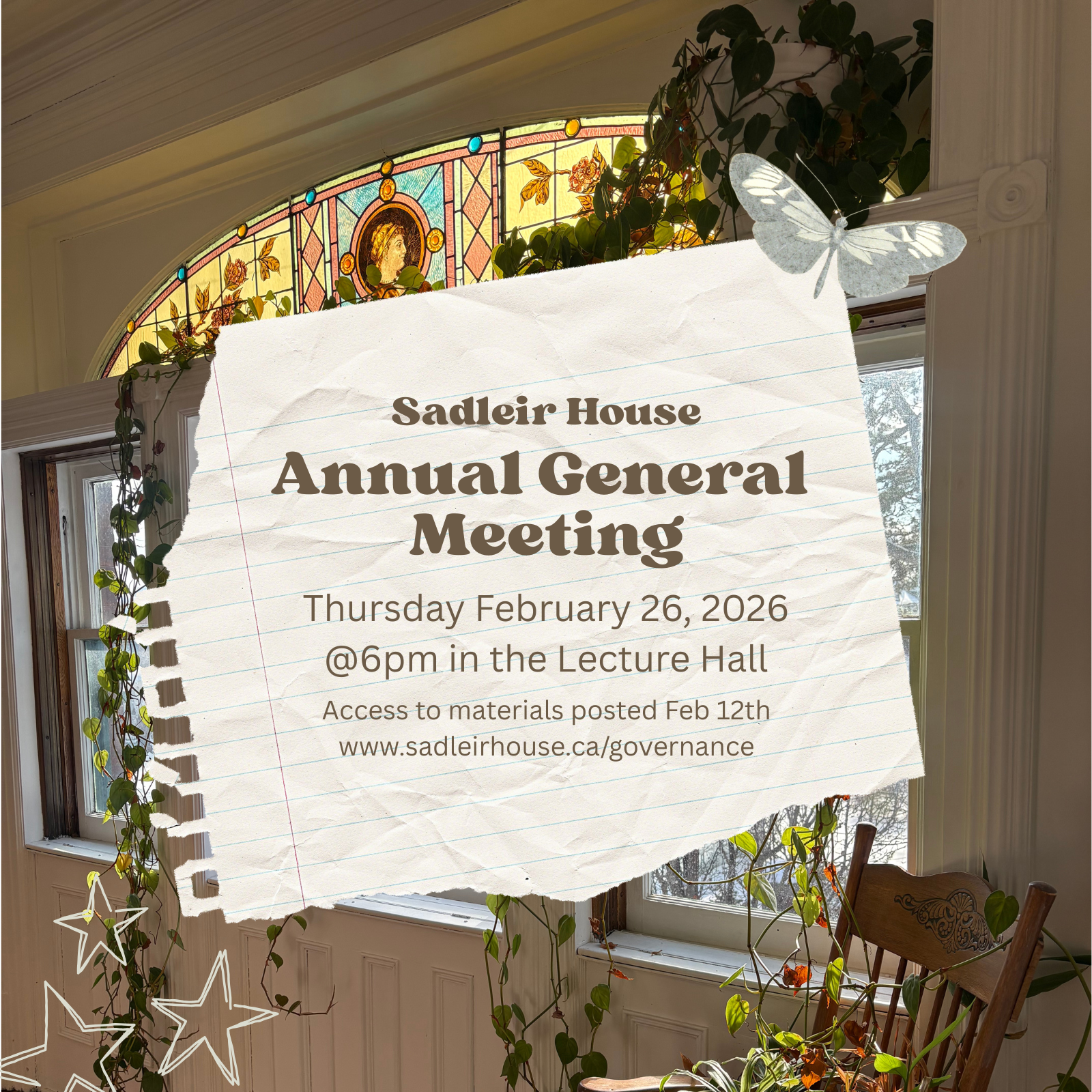

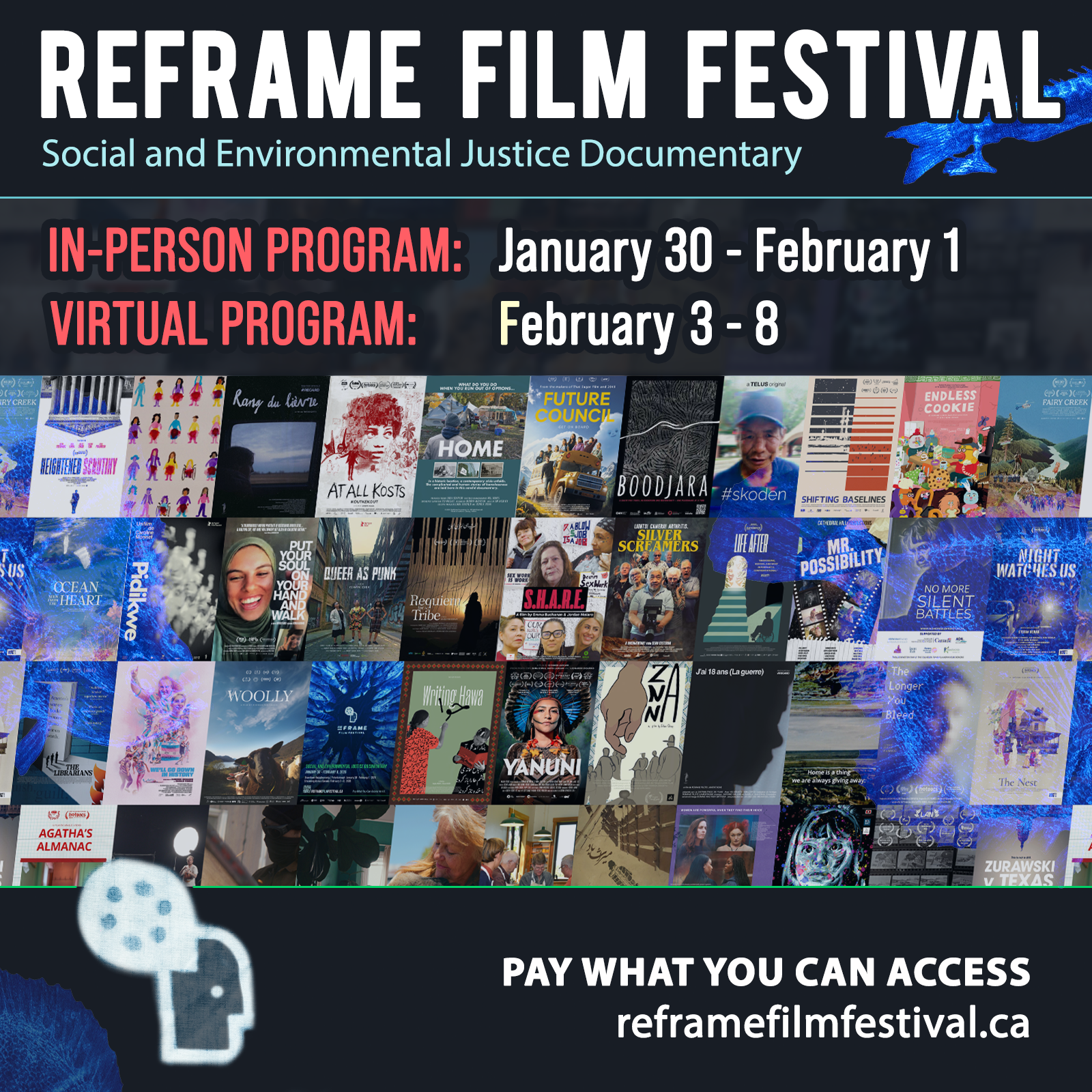


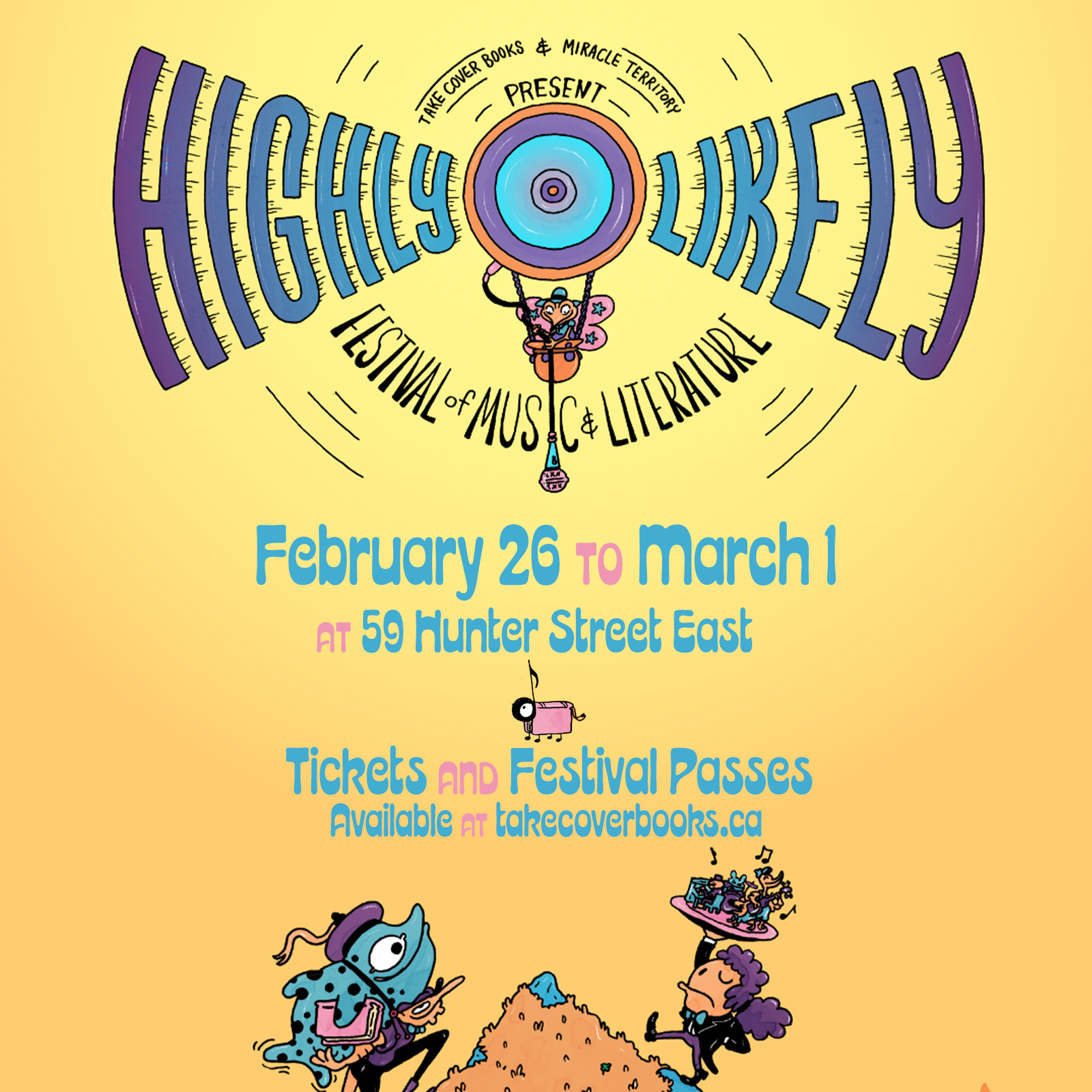


.jpg)
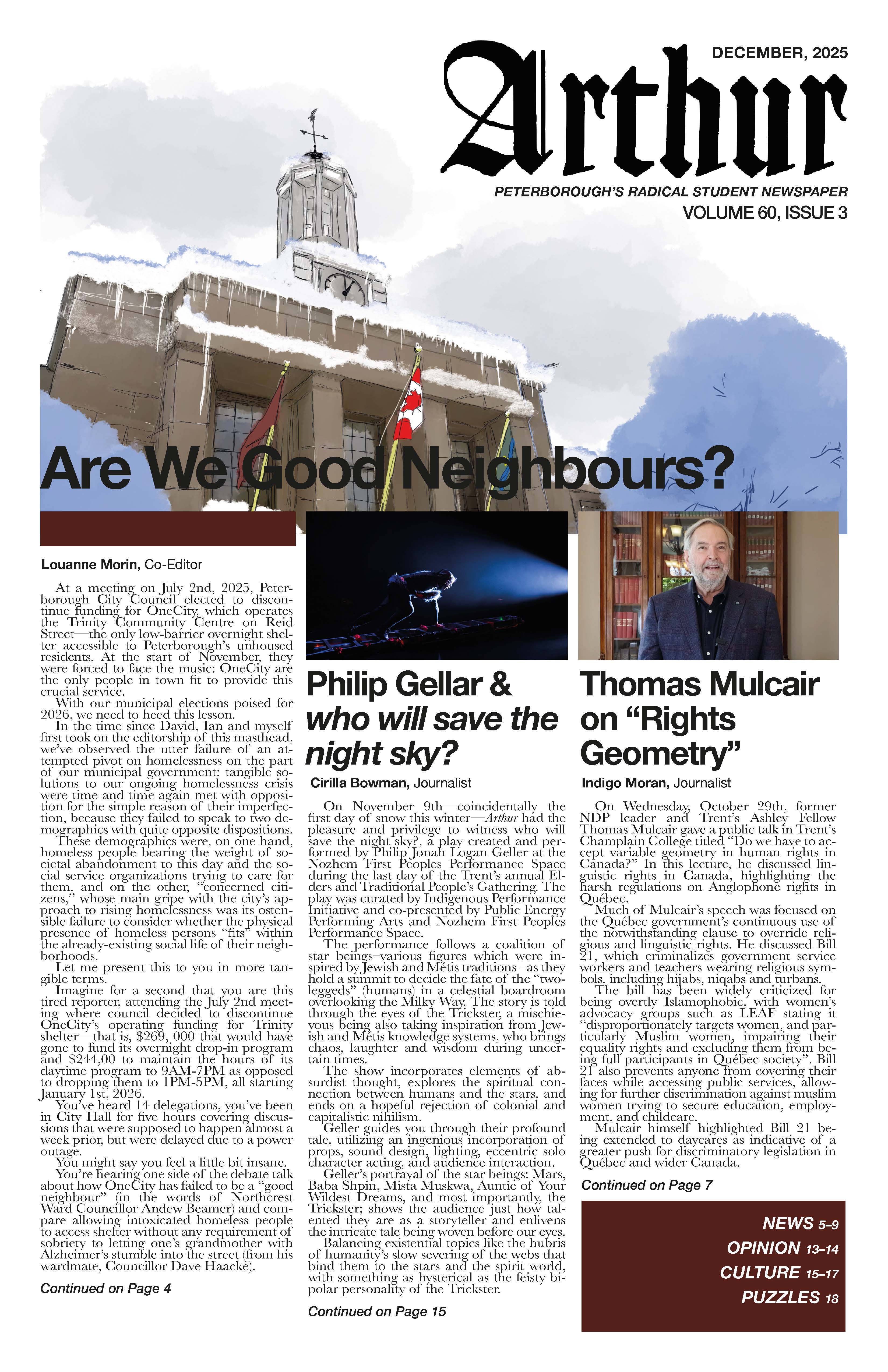
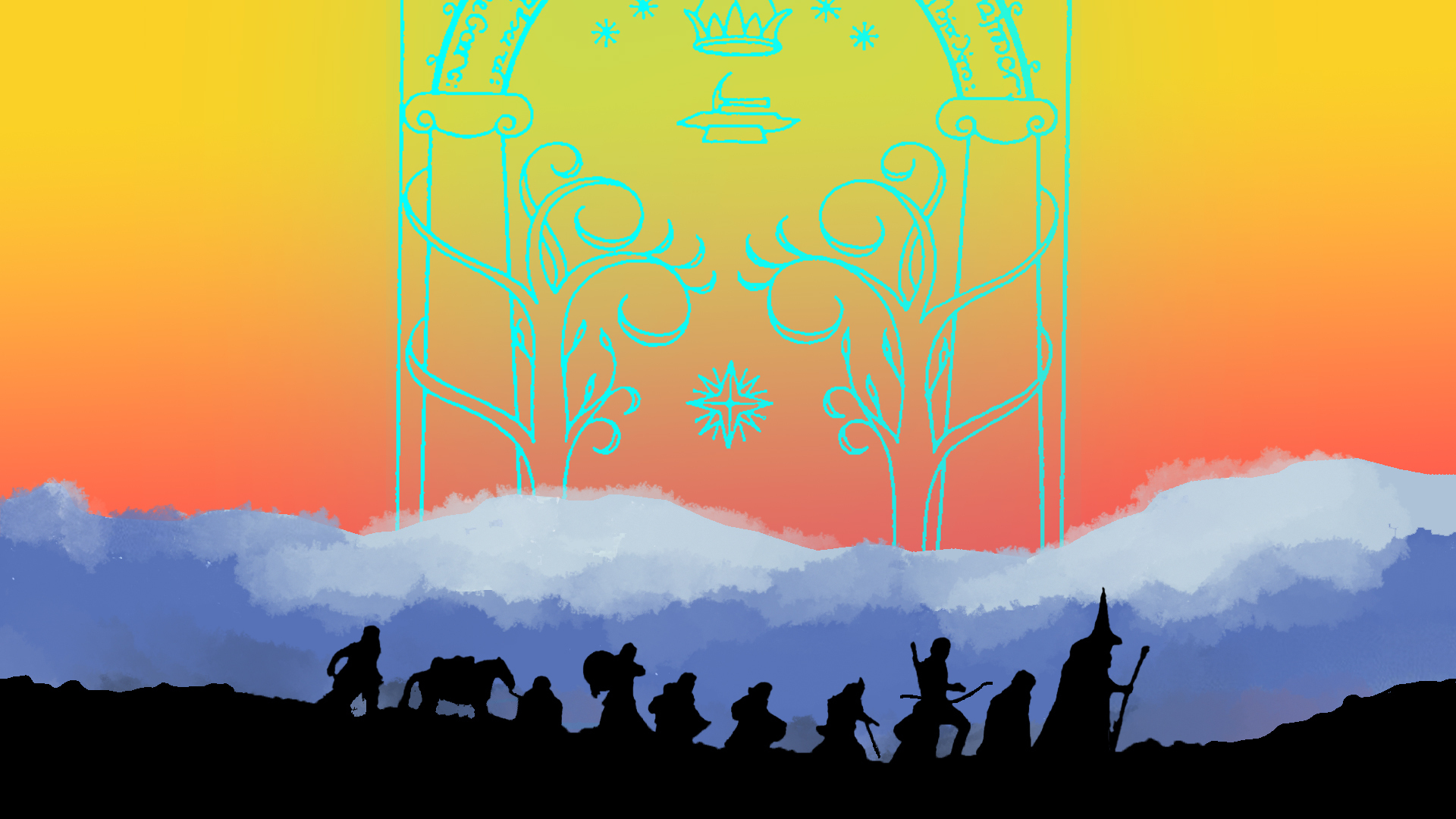

.jpg)
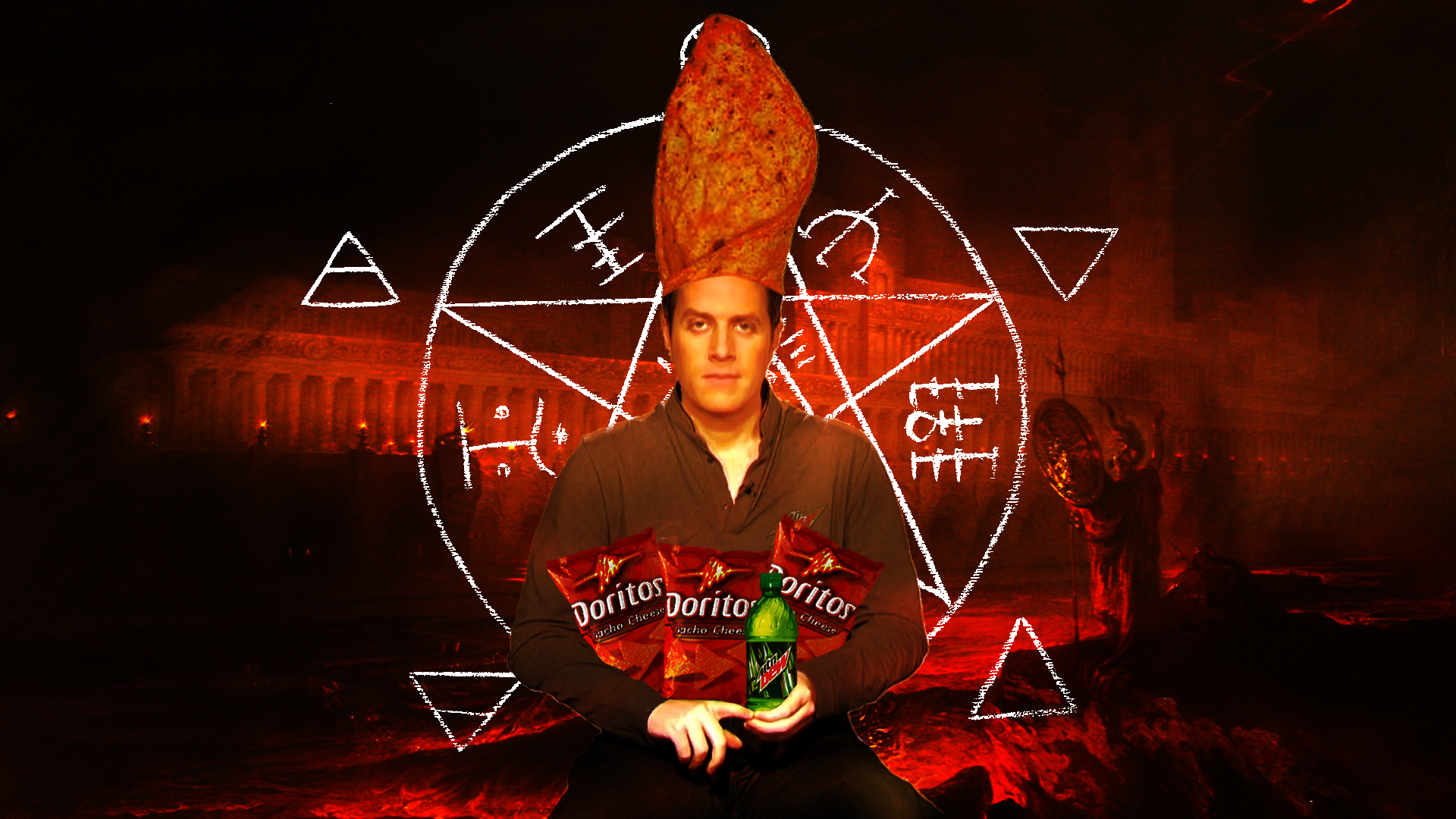
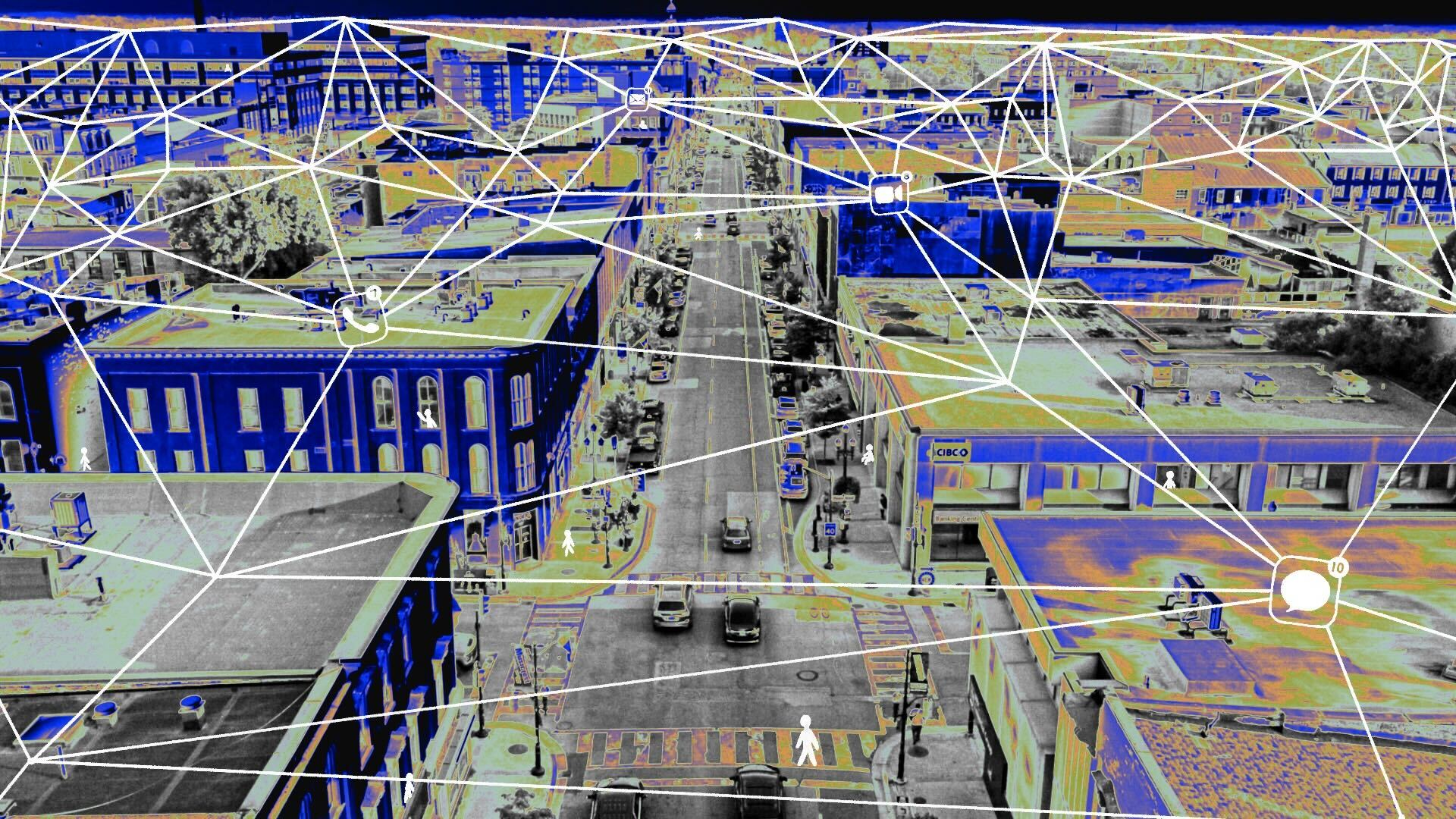
.png)
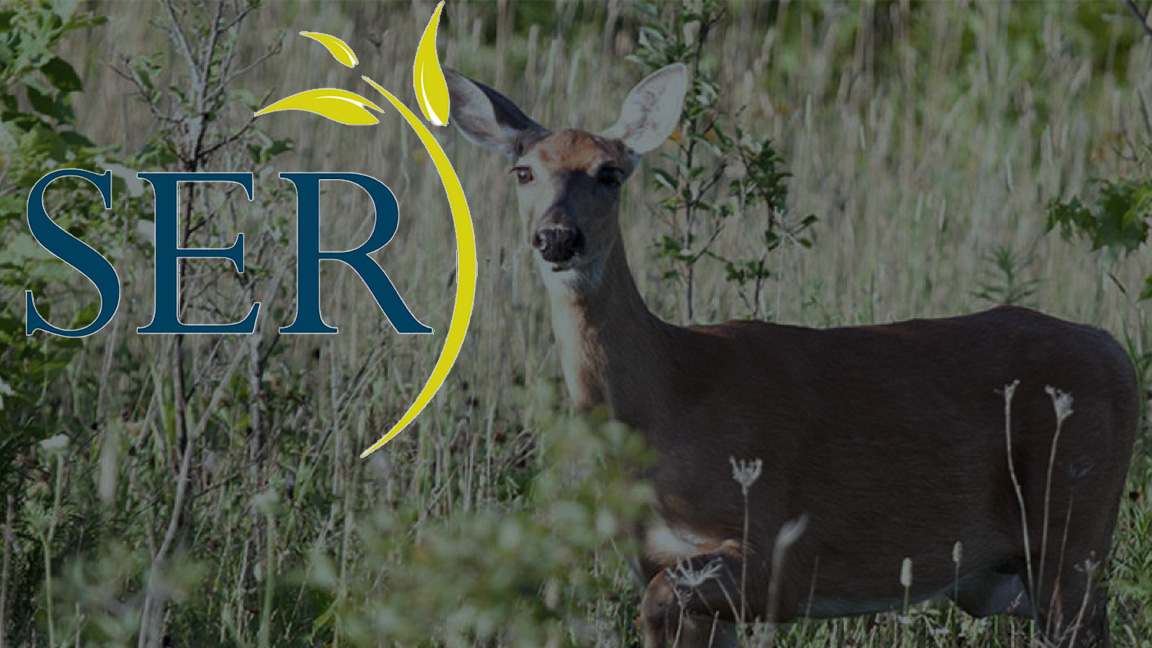
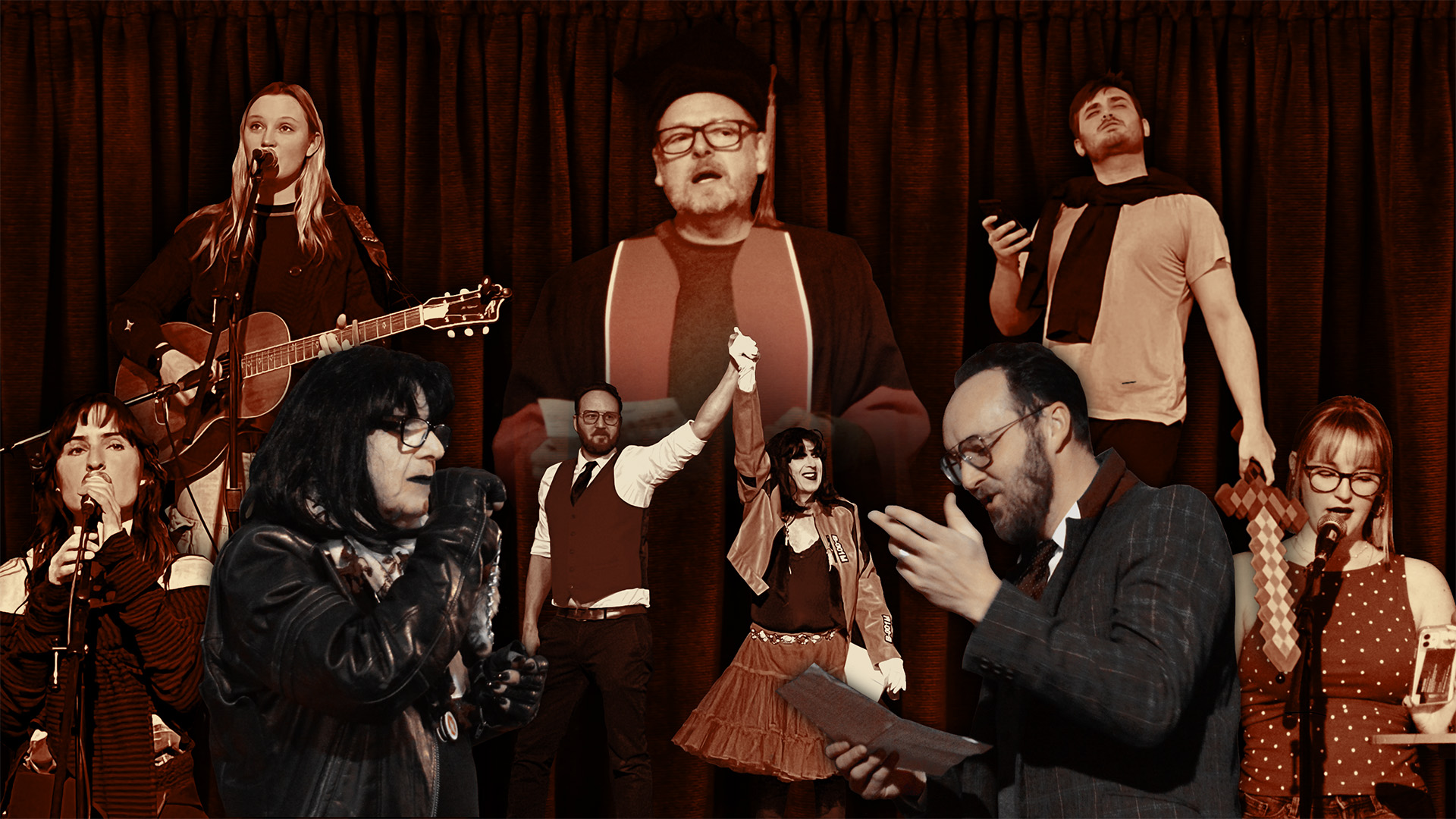
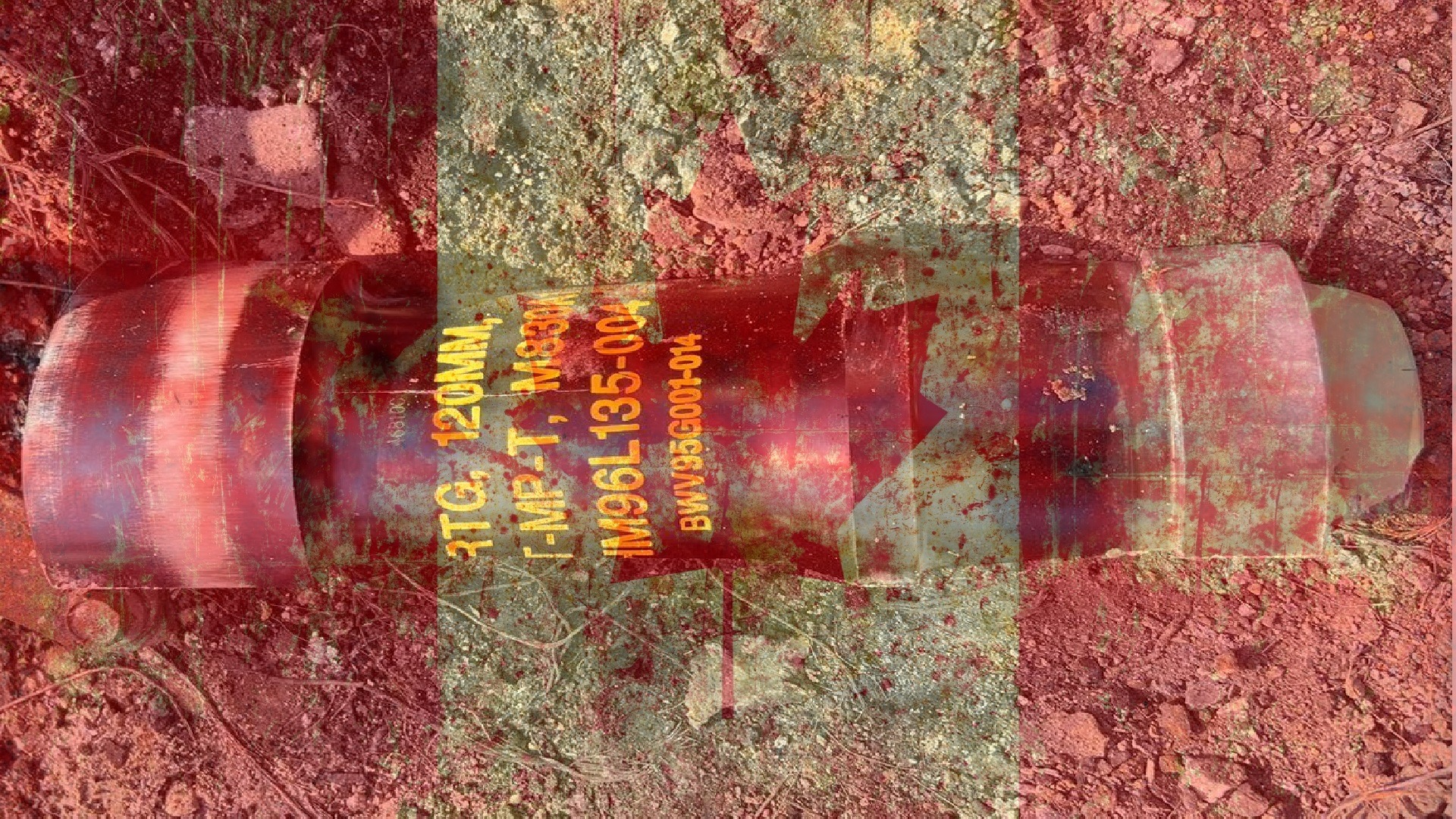

.png)